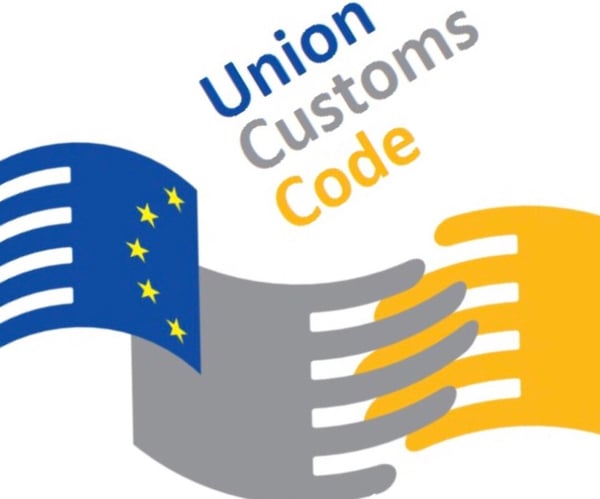The UCC Delegated Act was recently amended by Commission Delegated Regulation (EU) 2018/1063, but the legalese can be a little bit daunting. We’re here to break it down for you in our UCC Delegated Act Amendment blog series. In the coming weeks, we will highlight the most important changes and what they mean in terms of how you do business.

Definition of exporter
This article’s focus is on the EU’s new requirements for an ‘exporter’ and a ‘registered exporter.’ Previously, an ‘exporter’ had to meet three cumulative requirements. They had to:
1. Be established in the customs territory of the Union.
2. Have the power to determine that the goods are to be taken outside the customs territory of the Union.
3. Hold a contract with a consignee in a third country.
The new definition is less restrictive, removing the need for the exporter to hold a contract with a consignee in a third country. This gives business partners greater flexibility in choosing their exporter. The ‘exporter’ as holder of the export procedure may differ, depending on the flows of goods and invoices, from the ‘exporter’ for origin purposes.
Registered exporter
Similarly, the definition of ‘registered exporter’ has been modified to include the new Free Trade Agreements (FTAs) negotiated and concluded by the EU with third countries, not just Generalized System of Preferences (GSP) countries. This change formalizes the intention of the Commission to use REX as a system to certify the preferential origin of goods in the framework of the EU FTAs, in the same way as in CETA. ‘Registered exporter’ now covers exporters established in a Member State and registered with the customs authorities of that Member State for the purpose of exporting products originating in the Union to a country or territory with which the Union has a preferential trade arrangement.
It is now clear that registered exporters in the EU can replace the original statement of origin in the case of splitting of consignments or re-consignment of the originating goods, preserving the traceability of the proofs of origin. This would allow the economic operators receiving those consignments to benefit from the preferential trade arrangement. Note: this allowance for replacement of statements of origin does not apply to goods re-consigned to Turkey.
On a temporary basis, registered exporter applications and any communications relating to application status and decisions may be submitted in paper format. This is important, for instance, for the update of the commodity codes in the registration of the exporter for which the statement of origin is issued. Once REX, the data processing system for registered exporters, rolls out a harmonised interface for communication with economic operators, applications will once again need to be submitted electronically.
Rules of origin
Another important amendment concerns the clarification of the criteria to determine the origin of goods in the case of regional cumulation, when operations carried out on the materials processed or incorporated do not go beyond the minimal operations. In these cases, the origin of the final good shall be “the country of the regional group where the highest share of the value of the materials used in the manufacture of the final product originates.” EU customs authorities and the competent authorities in the beneficiary countries are entitled to exercise all necessary verifications and controls of origin when the economic operators are making use of regional cumulation.
Concerning non-preferential rules of origin, the list of rules to determine the country where certain goods underwent their last substantial transformation has been extended to include products of the milling industry; malt; starches; inulin; and wheat gluten (CH 11). In addition, the definition of ‘assembly of semi-conductor products’ has been amended for CH 85 and 90. To ensure the rules are properly applied, the list is updated to the last version of the goods nomenclature established under the International Convention on the Harmonised Commodity Description and Coding System (Harmonised System).
Follow us on LinkedIn, Twitter, and Facebook, or bookmark the C4T Inspire blog to learn more about how the UCC Delegated Act Amendment has changed inward processing, guarantees, customs decisions, repayment or remissions, the customs status of Union goods, and more.
